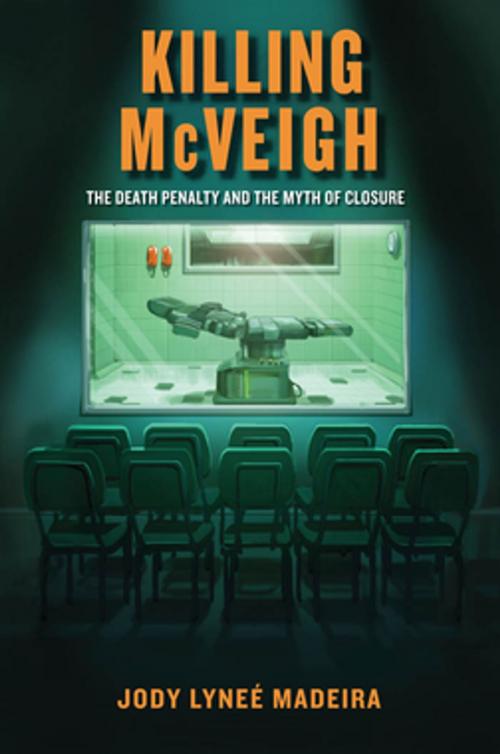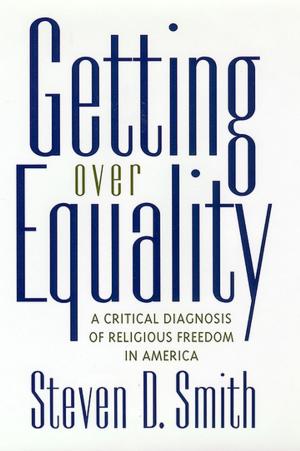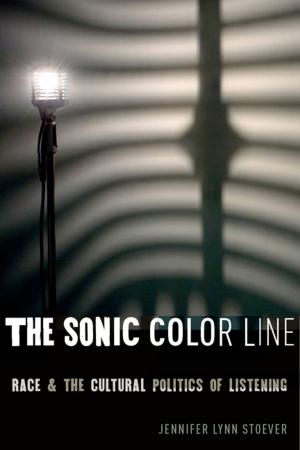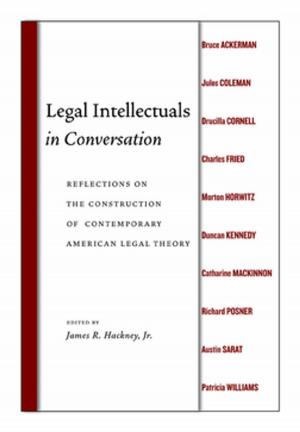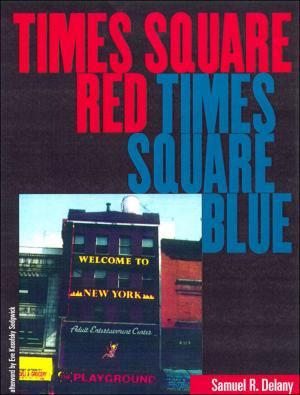Killing McVeigh
The Death Penalty and the Myth of Closure
Nonfiction, Social & Cultural Studies, Social Science, Crimes & Criminals, Criminology, Reference & Language, Law| Author: | Jody Lyneé Madeira | ISBN: | 9780814724552 |
| Publisher: | NYU Press | Publication: | June 11, 2012 |
| Imprint: | NYU Press | Language: | English |
| Author: | Jody Lyneé Madeira |
| ISBN: | 9780814724552 |
| Publisher: | NYU Press |
| Publication: | June 11, 2012 |
| Imprint: | NYU Press |
| Language: | English |
On April 19, 1995, Timothy McVeigh detonated a two-ton truck bomb that felled the Alfred P. Murrah Federal Building in Oklahoma City, killing 168 people. On June 11, 2001, an unprecedented 242 witnesses watched him die by lethal injection.
In the aftermath of the bombings, American public commentary almost immediately turned to “closure” rhetoric. Reporters and audiences alike speculated about whether victim’s family members and survivors could get closure from memorial services, funerals, legislation, monuments, trials, and executions. But what does “closure” really mean for those who survive—or lose loved ones in—traumatic acts? In the wake of such terrifying events, is closure a realistic or appropriate expectation?
In Killing McVeigh, Jody Lyneé Madeira uses the Oklahoma City bombing as a case study to explore how family members and other survivors come to terms with mass murder. As the fullest case study to date of the Oklahoma City Bombing survivors’ struggle for justice and the first-ever case study of closure, this book describes the profound human and institutional impacts of these labors to demonstrate the importance of understanding what closure really is before naively asserting it can or has been reached.
On April 19, 1995, Timothy McVeigh detonated a two-ton truck bomb that felled the Alfred P. Murrah Federal Building in Oklahoma City, killing 168 people. On June 11, 2001, an unprecedented 242 witnesses watched him die by lethal injection.
In the aftermath of the bombings, American public commentary almost immediately turned to “closure” rhetoric. Reporters and audiences alike speculated about whether victim’s family members and survivors could get closure from memorial services, funerals, legislation, monuments, trials, and executions. But what does “closure” really mean for those who survive—or lose loved ones in—traumatic acts? In the wake of such terrifying events, is closure a realistic or appropriate expectation?
In Killing McVeigh, Jody Lyneé Madeira uses the Oklahoma City bombing as a case study to explore how family members and other survivors come to terms with mass murder. As the fullest case study to date of the Oklahoma City Bombing survivors’ struggle for justice and the first-ever case study of closure, this book describes the profound human and institutional impacts of these labors to demonstrate the importance of understanding what closure really is before naively asserting it can or has been reached.
